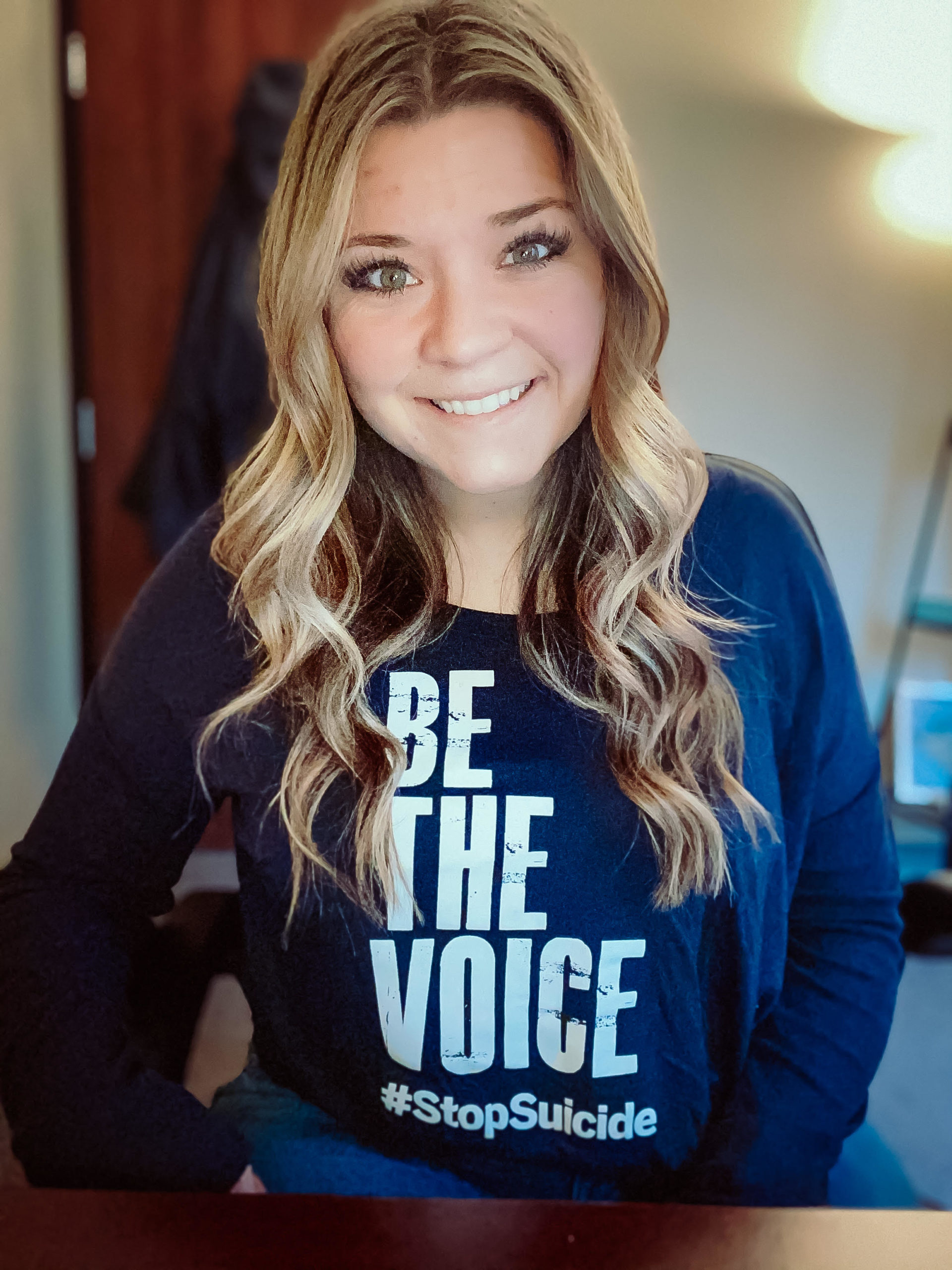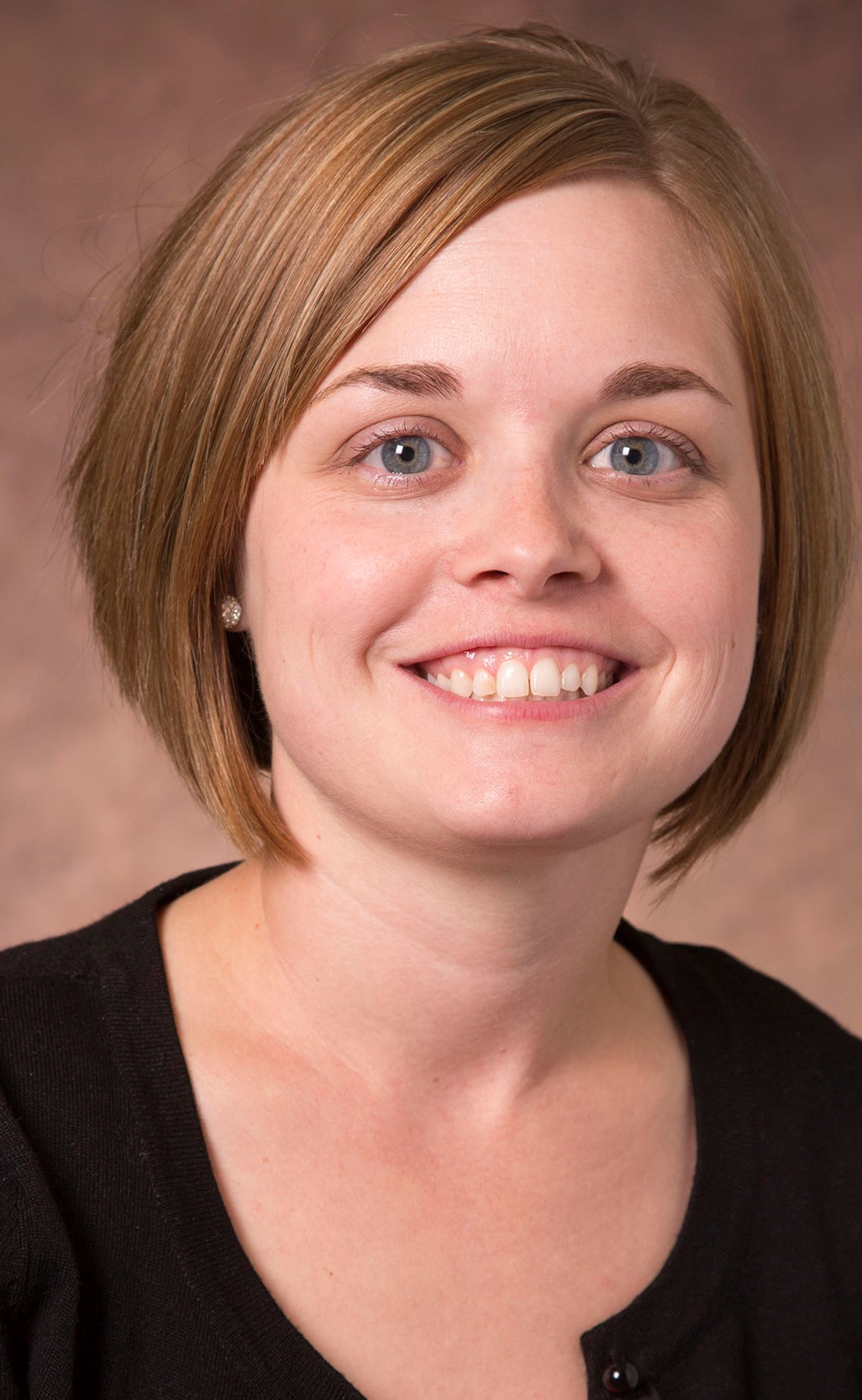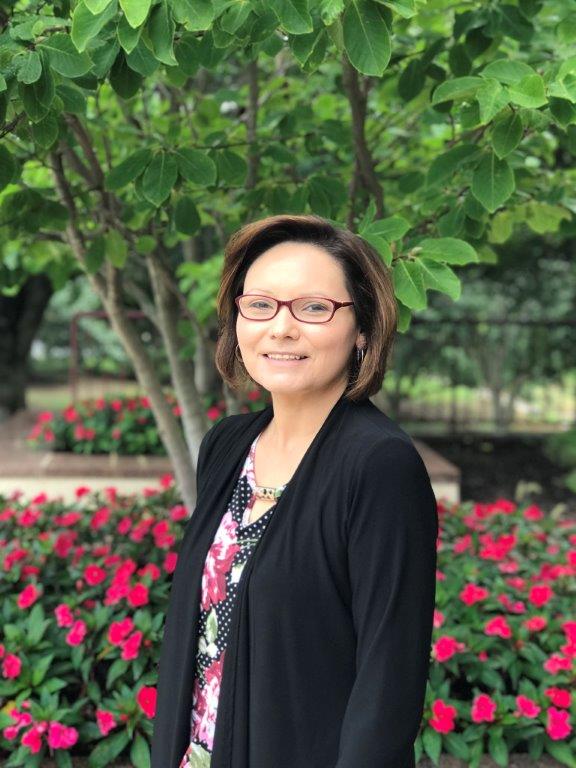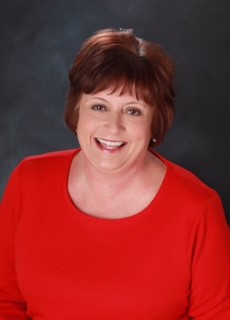Millar, Kirsti, MS, LPC
Kirsti Millar, MS, LPC is the Suicide Prevention Program Manager at ReDiscover where she manages the Show Me Zero Youth Suicide Grant which serves clients ages 10-24 and the Show Me Zero Suicide Grant working with adults aged 25 and up. She has dynamic experience in crisis work and has utilized her creativity in program expansion and client engagement at ReDiscover for five years. She has nine years in the field working with both adults and youth alike in therapeutic, case management and crisis like settings. She completed her Master’s in Counseling from Missouri State University with an emphasis in Play Therapy. Kirsti enjoys working with youth and has a passion for community engagement. Kirsti has extensive trainings across multiple modalities including: motivational interviewing, positive youth development, harm reduction, assessing and managing suicide risk, trauma informed care, vicarious trauma, EMDR and play therapy.
Presentation(s):





